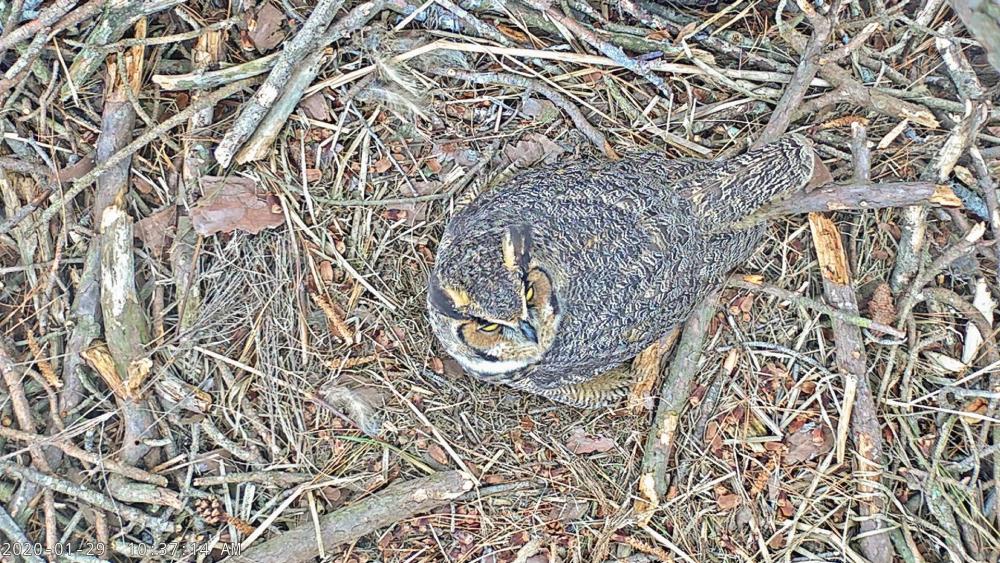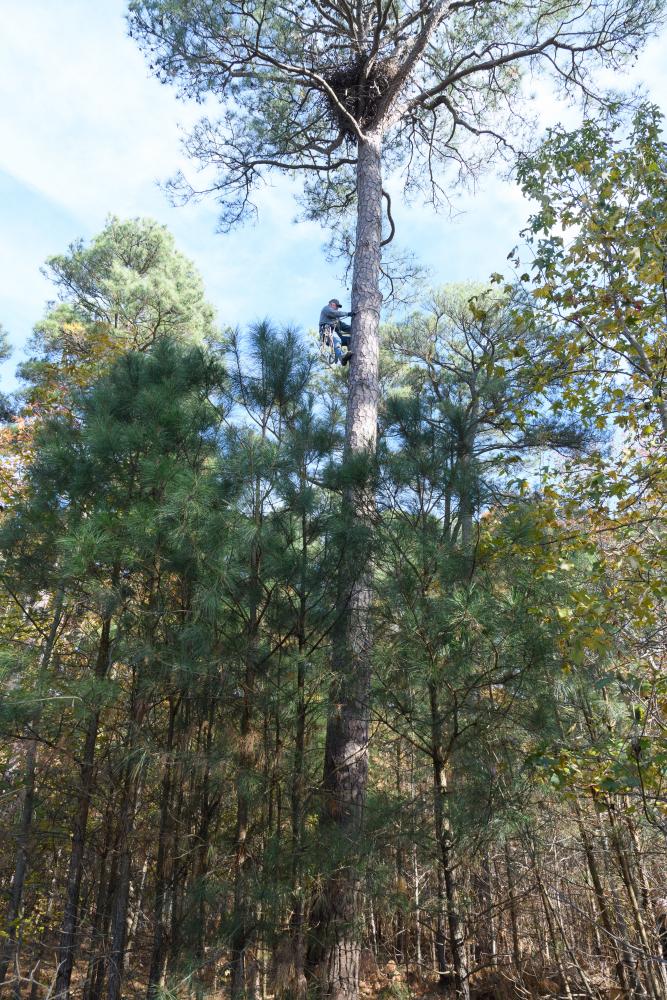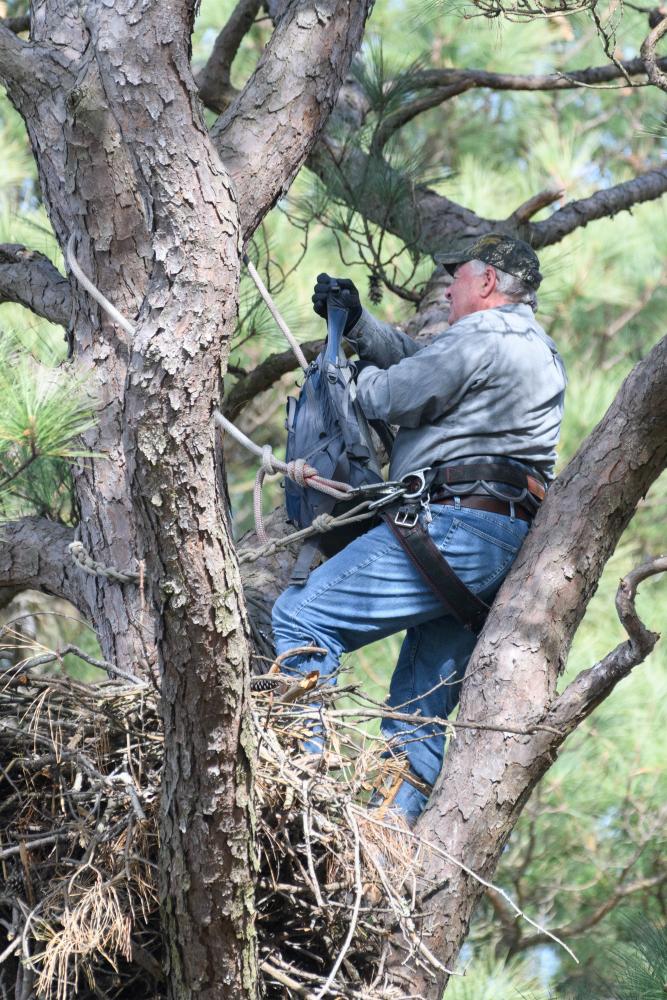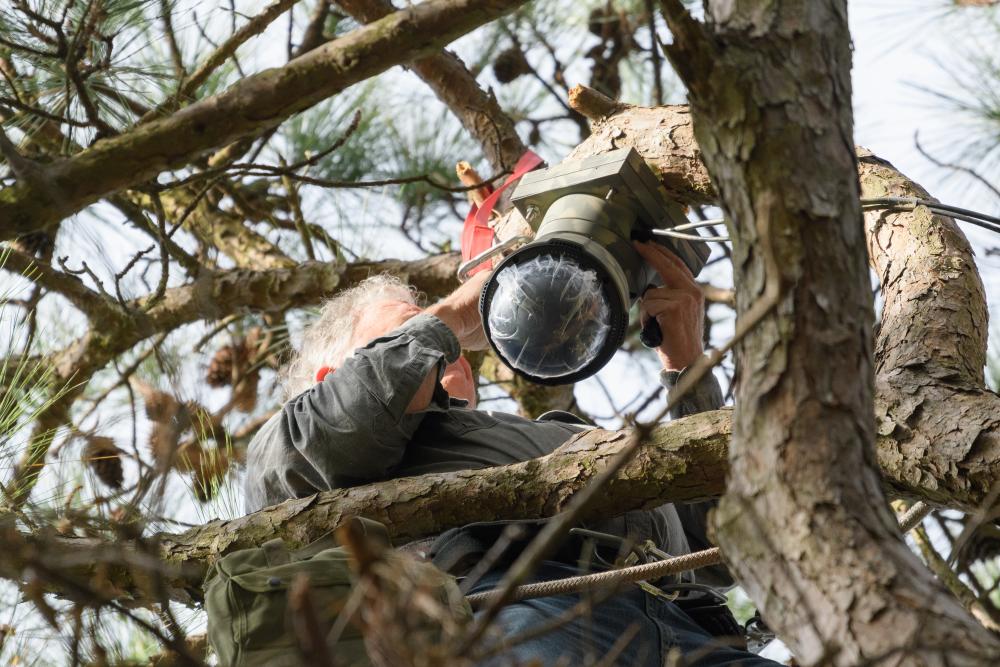The U.S. Fish and Wildlife Service has announced Blackwater National Wildlife Refuge will offer furbearer trapping rights on a sealed bid basis for the 2021 season.
Fifteen trapping units will be available. An individual may bid on one or more units, but only two units will be awarded to any bidder. The successful bidder must personally trap the unit; subleasing is prohibited. Bid invitations, maps, and other details are available by calling Matt Whitbeck, wildlife biologist, at 410-221-2034. Inspection of the units will be allowed from 9:00 a.m. to 3:00 p.m., December 1-3 and 7-10, 2020, with a scouting permit.
Bids must be received at the refuge office by 5:00 pm on December 16, 2020. Due to concerns related to Covid-19, there will not be a public bid opening this year. Refuge staff will open the bids and successful bidders will be notified by mail. The Refuge must receive full payment on or before December 30, 2020 for successful bidders to receive their permit.
Trapping for muskrat, nutria, raccoon, fox, skunk, and opossum will begin on January 1, 2021, and end on March 15, 2021, unless extensions have been made by both the state and the refuge.
Trapping on Blackwater NWR is a management activity designed to control the population levels of furbearers as well as provide an economic benefit to local trappers. Uncontrolled muskrat and nutria populations can seriously damage marsh vegetation, which is vital to waterfowl, other migratory birds, and the health of the Chesapeake Bay.
Blackwater National Wildlife Refuge, located on the Eastern Shore of Maryland, protects over 29,000 acres of rich tidal marsh, mixed hardwoods and pine forest, managed freshwater wetlands and cropland for a diversity of wildlife. To learn more, visit our website at www.fws.gov/refuge/blackwater or follow us on Facebook @BlackwaterNWR.
The mission of the U.S. Fish and Wildlife Service is working with others to conserve, protect and enhance fish, wildlife, plants and their habitats for the continuing benefit of the American people. We are both a leader and trusted partner in fish and wildlife conservation, known for our scientific excellence, stewardship of lands and natural resources, dedicated professionals and commitment to public service. For more information on our work and the people who make it happen, visit www.fws.gov.







